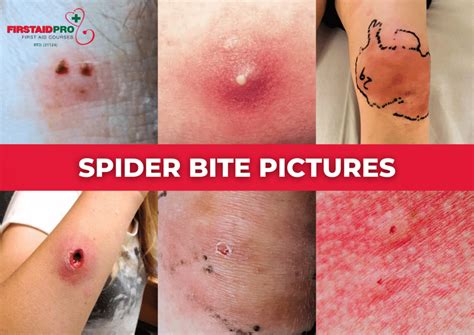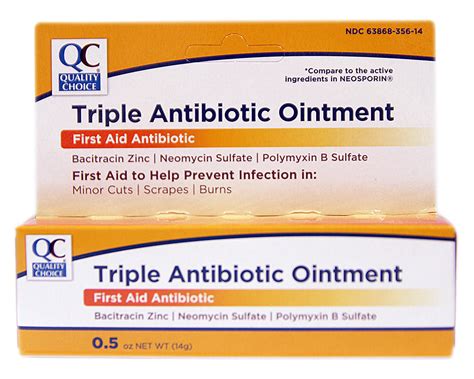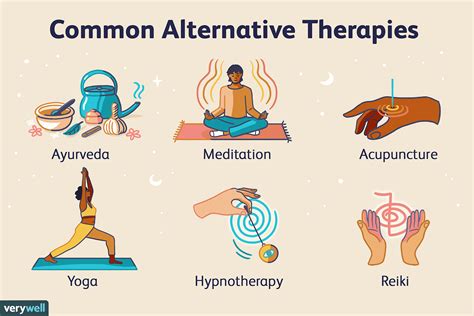Intro
Relieve spider bite symptoms with antibiotic ointment, reducing infection risk and promoting wound healing, while soothing itching and swelling with topical treatments.
Spider bites can be a painful and frustrating experience, often leading to redness, swelling, and itching. While most spider bites are harmless and can be treated with basic first aid, some bites can lead to more serious infections that require medical attention. In such cases, using an antibiotic ointment can provide relief and help prevent further complications. The importance of understanding the role of antibiotic ointments in treating spider bites cannot be overstated, as it can significantly impact the healing process and prevent potential infections.
When it comes to spider bites, it's essential to know how to identify the symptoms and take prompt action to alleviate the discomfort. Most spider bites cause minor symptoms, such as redness, swelling, and itching, which can be treated with over-the-counter pain relievers and topical creams. However, in some cases, spider bites can lead to more severe reactions, including blistering, ulcers, and even life-threatening conditions like necrotic lesions. In such situations, using an antibiotic ointment can be a crucial step in preventing infection and promoting healing.
The use of antibiotic ointments for spider bite relief has gained significant attention in recent years, with many people turning to these products as a first line of defense against infection. While antibiotic ointments can be effective in preventing infection, it's crucial to understand their limitations and potential risks. Overusing antibiotic ointments can lead to antibiotic resistance, making them less effective in treating future infections. Moreover, some spider bites may require more comprehensive treatment, including oral antibiotics or medical attention. Therefore, it's essential to approach the use of antibiotic ointments with caution and consult a medical professional if symptoms persist or worsen.
Understanding Spider Bites and Infections

Some common types of spider bites include:
- Black widow spider bites: These bites can cause severe pain, muscle cramps, and breathing difficulties.
- Brown recluse spider bites: These bites can lead to necrotic lesions, blistering, and ulcers.
- Hobo spider bites: These bites can cause pain, swelling, and redness, as well as blistering and ulcers.
- Tarantula spider bites: These bites are generally harmless but can cause minor symptoms like redness and itching.
Identifying Spider Bite Symptoms
Identifying spider bite symptoms is crucial in determining the best course of treatment. Some common symptoms of spider bites include: * Redness and swelling * Itching and burning * Pain and discomfort * Blistering and ulcers * Necrotic lesionsIt's essential to monitor the symptoms and seek medical attention if they worsen or persist. In some cases, spider bites can lead to more severe reactions, including anaphylaxis, which requires immediate medical attention.
Antibiotic Ointments for Spider Bite Relief

Some popular antibiotic ointments for spider bite relief include:
- Neosporin
- Bacitracin
- Polysporin
- Triple antibiotic ointment
It's essential to follow the instructions carefully and apply the ointment as directed. Overusing antibiotic ointments can lead to antibiotic resistance, making them less effective in treating future infections.
Using Antibiotic Ointments Safely
Using antibiotic ointments safely is crucial to preventing infection and promoting healing. Some tips for using antibiotic ointments safely include: * Always follow the instructions carefully * Apply the ointment as directed * Avoid overusing the ointment * Monitor the symptoms and seek medical attention if they worsen or persist * Keep the ointment out of reach of children and petsIt's also essential to be aware of potential allergic reactions or interactions with other medications. If you experience any unusual symptoms or reactions, discontinue use and consult a medical professional.
Alternative Treatments for Spider Bites

It's essential to consult a medical professional before trying any alternative treatments, especially if you have a history of allergies or sensitivities.
Preventing Spider Bites
Preventing spider bites is the best way to avoid the risk of infection and potential complications. Some tips for preventing spider bites include: * Wearing protective clothing: Wearing long sleeves, pants, and gloves can help to prevent spider bites. * Avoiding dark areas: Avoiding dark areas like basements, attics, and crawl spaces can help to reduce the risk of spider bites. * Sealing entry points: Sealing entry points like cracks and crevices can help to prevent spiders from entering your home. * Keeping a clean home: Keeping a clean home can help to reduce the risk of spider infestations.By taking these precautions, you can reduce the risk of spider bites and prevent potential complications.
Conclusion and Next Steps

If you have experienced a spider bite or are concerned about the risk of infection, we encourage you to share your thoughts and experiences in the comments below. You can also share this article with friends and family to help raise awareness about the importance of spider bite prevention and treatment.
What are the symptoms of a spider bite?
+The symptoms of a spider bite can vary depending on the type of spider, but common symptoms include redness, swelling, itching, and pain.
How can I prevent spider bites?
+You can prevent spider bites by wearing protective clothing, avoiding dark areas, sealing entry points, and keeping a clean home.
What are the benefits of using antibiotic ointments for spider bites?
+The benefits of using antibiotic ointments for spider bites include reducing the risk of infection, promoting healing, and alleviating symptoms like redness and itching.
